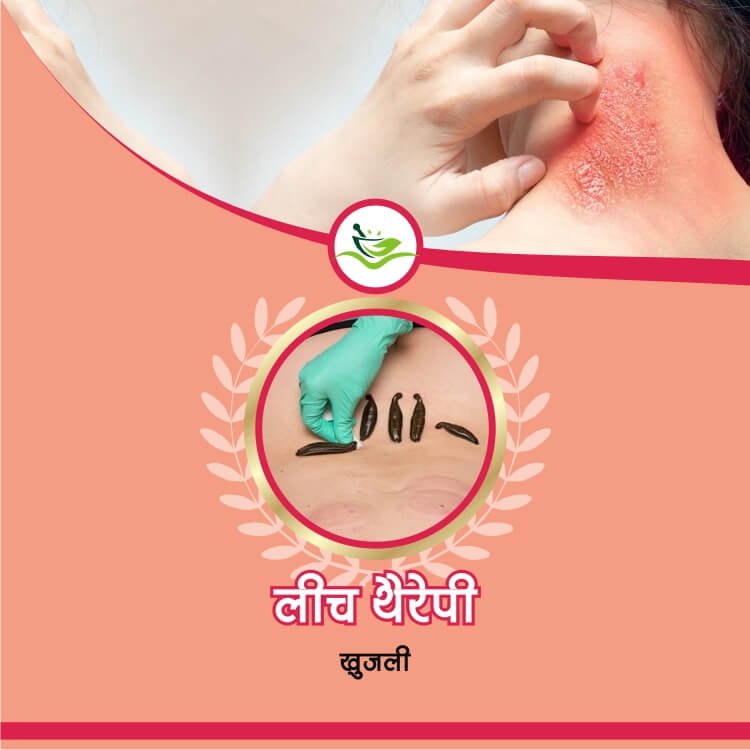Leech Therapy
Leech Therapy/Jalaukavacharana/Hirudo Therapy:-
Leech therapy/Jalaukavacharana is defined as the therapeutic application of living medicinal leech to the skin in order to evacuate blood from a localized area of the body.
What is leech?
Leeches are: Annelids or segmented worms. Closely related to the earthworms are Anatomically and behaviorally more specialized. The medicinal leech or Hirudomedicinalis is used therapeutically.
Ayurveda and Leech therapy
In Ayurveda leech or Jaluka is used to expel out impure blood containing dosha.In various classical ayurvedic texts like astanghrudyamSushruta Samhita, there is a wide description of leech therapy.
Acharya Sushruta propounds practical guidelines for bloodletting and claims it as the most effective therapy in half of the body ailments. Among various methods for bloodletting such as Jalaukavacharana Karma, Prachhanna Karma, and Siravedhana Karma. Jalaukaavacharna Karma (Leech therapy) is considered as the ideal method to expel out the vitiated blood safely, quickly, and effectively.
How do leeches help?
Application of medicinal leech reportedly increases blood flow within congested tissue via active feeding and indirectly by passive bleeding from leech bite offer detachment. Active and passive bleeding are both facilitated by the actions of the different salivary secretions of the leeches such as hirudin-an anticoagulant.
Benefits of Leeches:
- Skin disorder-Acne, skin diseases, Increase skin glow, Psoriasis, etc
- Joint Pain
- Varicose Veins
- Venous congestion
- Joint stiffness
- Mental soothing
- cardiovascular diseases
- Different type of infections
Contradiction of JA(JalukaAvacharana)
In Ayurveda In Ayurveda text there was no direct description of contraindications of JA(JalukaAvacharan). But the contraindication of RaktaMokshana( RK)can be considered as contraindications of JA. RK was contraindicated in patients with SarvangaSotha (individual with generalized edema), KsheenachaAmlaBhojanaNimitta (individuals emaciated due to intake of sour food articles), PanduRogi (Anemic Patient), ArshaRogi (individual suffering hemorrhoids), UdarRogi (individual with inflammatory disorders of abdomen organs), ShoshaRogi (individual suffering from disorders causing cachexia), Garbhini (pregnant ladies)andSvayathu (individual suffering from inflammatory disorders). Certain conditions were also mentioned in Ayurveda text when the RK should not be administered in indicated patients they are – Duradina (days with rainfall), Sheetavata (breezy day or place), Aswina (without administration of proper swedana) and BhuktaMatre (after intake of complete meals or immediately after meals). In Ayurveda text immediate status of patients were also mentioned when the RK can not administered in indicated patients they were – Mada (delirium), Murcha (unconscious patient), ShramaArtanama (physically exhausted patient), Vata – Vina- MutraSangi (patient with holding the urges of flatus, feces & urine), Nidraabhibhota (in sleeping state) and Bheeta (in fearful individual).
Complications :-
In Ayurveda text complication of JA was not directly mentioned but complication of RK was mentioned. If RK was applied in described contraindicated states, it caused Shopha (edema), Daha (burning sensation), Raga (redness), Paka (inflammation) and Vedana (pain).


